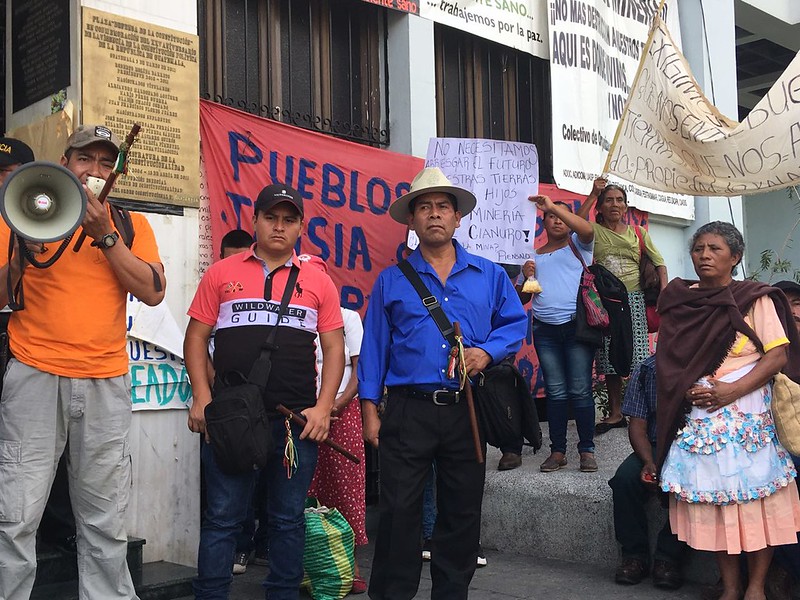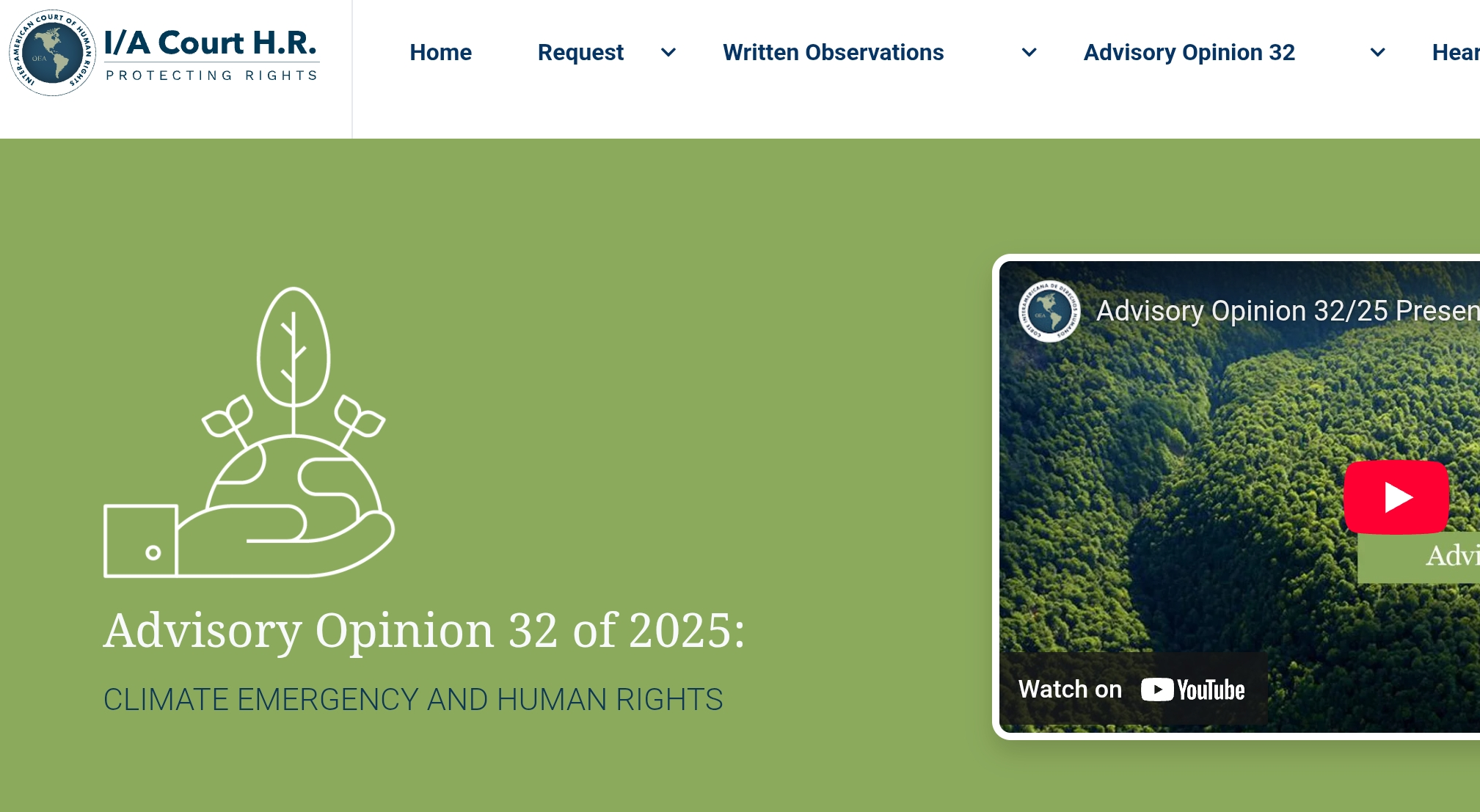The suspended Decree 4-2020 sought to expand existing regulations and would create a legal system that allowed heightened centralised control over the registration and operation of national and foreign NGOs. The reforms authorised the Executive to cancel the legal status of NGOs under the pretense of ‘public order’ and would have resulted in the automatic cancellation and dissolution of an NGO if it failed to comply with its provisions.
The Constitutional Court’s ruling aligns with heavy criticism of the Decree from civil society and United Nations independent experts that it would shrink civic space and violate fundamental human rights.
In a joint communication, the UN Special Rapporteurs on the rights to freedom of peaceful assembly and of association, on the promotion and protection of the right to freedom of opinion and expression, and on the situation of human rights defenders expressed concern that the Decree threatened opening the way ‘to discretionary and arbitrary limitations on the rights to freedom of peaceful assembly, association and expression, as well as to the criminalisation of human rights defenders.’
Echoing the UN experts, the Constitutional Court explained that the Decree violated the right to freedom of assembly ‘recognised in the Universal Declaration on Human Rights, in the International Covenant on Civil and Political Rights, the Declaration on Human Rights Defenders, and the American Convention on Human Rights.’
‘States have the primary responsibility to ensure defenders and NGOs are able to conduct their work freely and in a safe and enabling environment,’ said ISHR Programme Manager and Legal Counsel Tess McEvoy. ‘We welcome this decision by the Guatemalan Constitutional Court, especially in the current climate where many States are implementing legislation restricting the exercise of fundamental rights and freedoms essential for the work of human rights defenders. States need to be held to their international obligations not to restrict the right to freedom of expression and association of NGOs,’ McEvoy added.




